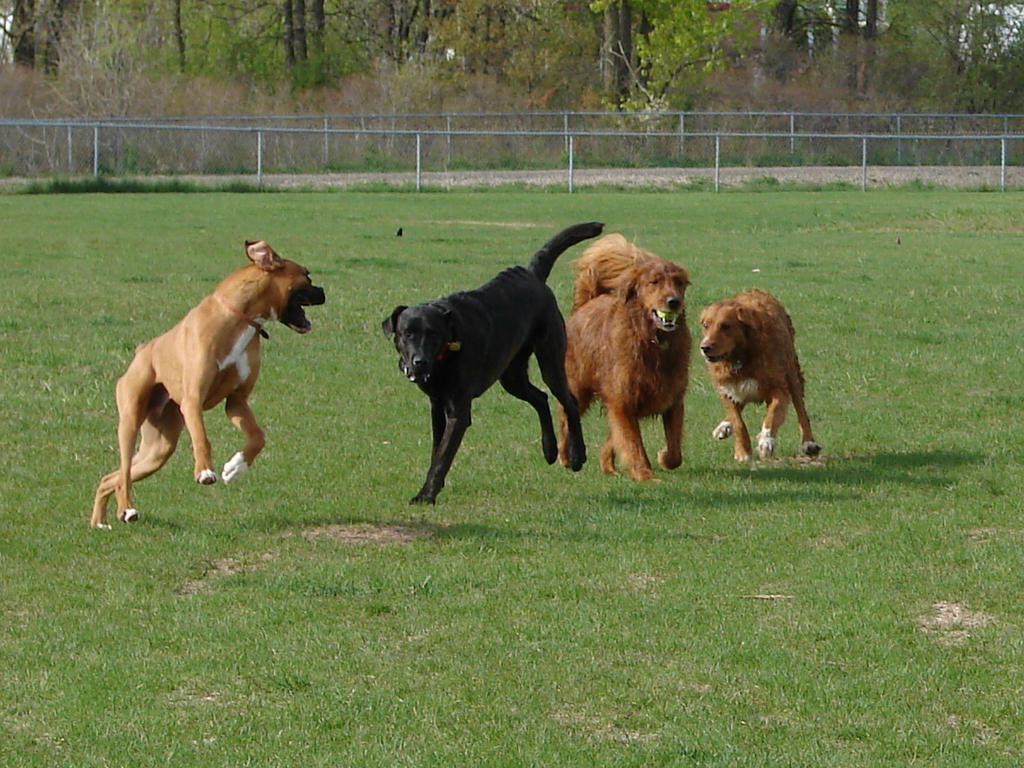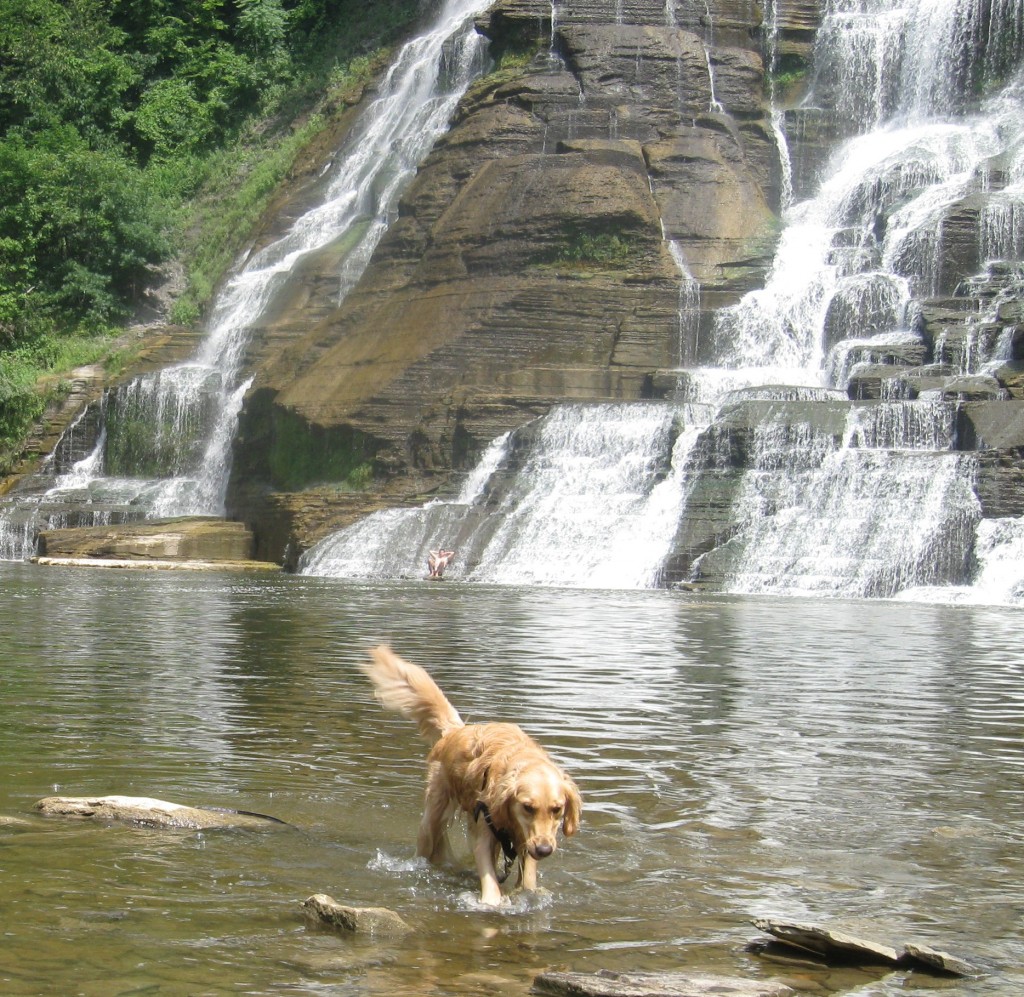Friday, December 21, 2012
Winter Care for Broodmares
I've posted previously about winter care for horses, but read this very informative article on the American Quarter Horse site and thought I'd share. Very good comment about having first aid supplies handy!
These points are also useful for all horses. Remember, horses need water (not frozen), food (good quality hay), shelter (stall or lean-to) and exercise!
See the article at http://americashorsedaily.com/winter-care-of-the-broodmare/
Monday, December 3, 2012
Sunday, November 11, 2012
Winter Care Tips for Horses
Winter can be hard on horses if the proper care is not given, and this means for equines stabled inside or outside.
Horses that are stalled all winter are usually clipped and will require blankets. The clipping is helpful for those equines that are ridden hard in the winter such as for fox hunting or indoor horse shows. They cool down quicker after a work out, but clipping also leaves them defenseless for the freezing temperatures.
Horses turned out full time in the winter should have adequate shelter such as a lean-to, as well as a daily check to make sure there are no health issues.
Water should not be iced up and there are many varieties of heaters for both buckets or outdoor troughs.
More hay should be fed to horses in the winter rather than more grain.
Remember, horses (like all animals) need four things to survive:
Water - fresh, clean and preferably room temperature.
Food - roughage for horses in the form of grass or hay is more important than grain.
Shelter - indoor stalls or outdoor (make sure there is room in an outdoor lean-to for all the pastured horses)
Exercise - often forgotten in the winter, exercise is important for those horses stalled 24/7 - either turned out daily in a paddock or ridden.
See these good articles on this topic at
http://www.evergreenequinevet.com/article28.htm
http://extension.psu.edu/animals/equine/news/2012/winter-care-for-your-horse
Saturday, October 13, 2012
Dog Park Tips
Dog Park Savvy
Bad outcomes can happen at dog parks. Here is how to avoid them.
Behavior Clips
By Gary Wilkes
The Reality of Dog Parks
Roughly stated, a dog park is a fenced area where dogs are allowed to run around for their pleasure. Owners socialize as they watch their little fuzzy babies careen, romp, and play with their friends. At the end of a visit, most of these dogs are thoroughly exhausted and go home to a night of deep slumber. In an urban environment, this kind of facility offers an outlet for animal lovers and cuts down on animal control problems. It is similar to the way organized parks cut down on kids’ playing baseball in the streets. Having a convenient, well-maintained dog park is a blessing for any community... or not.See full article at Groomer to Groomer magazine.
Sunday, September 30, 2012
Differences Between Dogs & Horses
Here is an insightful article on the differences between caring for dogs versus horses. It was written for writers who are not horse people but include horses in their novels. But, if you are thinking about buying a horse, read on!
For example: Woogie likes to share carrots with Sonny, but when they wag their tails it means two different things!
http://bookviewcafe.com/bookstore/sample/writing-horses-sample/
Thursday, August 9, 2012
Did You Know? Pet Care Tips
HOME REMEDIES:
Keep these supplies on hand for a variety of uses!
- Peroxide: for cleaning wounds and also for wiping blood off the pet's coat.
- Homemade Ear Solution: 50% white vinegar & 50% rubbing alcohol. Using a paper towel, dip it in the solution and gently clean out the ears. Heals up yeast infections, cleans ears after rolling in dirt or "dust bunny" ears!
- Medicated Powder: for chubby pets that develop a heat rash under armpits, or on bottoms that may get a rash after a messy bottom.
- Cotton Balls: damp one for cleaning each eye
FOODS & OTHER TO AVOID!
From the ASPCA site: http://www.aspca.org/pet-care/poison-control/people-foods.aspx
See the site for details why, and other foods to avoid.
- Chocolate, Coffee & Caffeine
- Grapes & Raisins
- Milk, & Milk Products
- Raw Meat & Eggs
- Avocados
From http://www.wec.ufl.edu/extension/wildlife_info/faq/frogstoads.php#Large_frog
Q: We found a very large frog in our yard, is it poisonous to our dogs and cats?
A: Florida has only one toad that has a dangerous toxin to small animals, the Marine toad (a.k.a., Giant toad or Cane toad), scientific name: Rhinella marina (formerly Bufo marinus). Scroll down to see more information on Marine Toads. If you have found a very large FROG on your property and you live south of an imaginary line across the state from Cedar Key to Jacksonville, the frog is likely a Cuban Treefrog. Adult Cuban treefrogs are more than 3 inches long (not including legs). Another clue: Cuban treefrogs can climb vertical surfaces such as the exterior walls of your home, trunks of trees, etc. If you have found a very large frog or toad on your property and you live in the southern half of Florida, it could be a Cuban treefrog or a Marine Toad (a.k.a., Giant toad or Cane toad). Marine Toads are strictly terrestrial creatures, they cannot climb vertical surfaces. Marine Toads also have wartier skin and chunkier bodies than Cuban treefrogs. Please compare the photos and descriptions of these species on our website about Frogs and Toads of Florida.
Sunday, July 8, 2012
Sunday, June 24, 2012

Lost a pet? Here's a good site to check out for tips and a national list of Pet Detectives.
http://www.missingpetpartnership.org/about.php
Thursday, April 26, 2012
My Article on Beach Riding!
Thursday, April 19, 2012
Advantages to Mobile Grooming

Recently, I joined the grooming team at Paw Wash Plus, based in New Port Richey, Florida. I'm continuing to groom dogs and cats in Pinellas and Hillsborough Counties in the Tampa Bay area.
Many pet owners are finding that requesting grooming with a mobile pet groomer has many benefits, to both the owner and the pet.
- Pet is less anxious since it never leaves the driveway - it can see its house!
- No contact with strange pets, so less stress and chance of catching something like fleas.
- Less time with groomer since bathed, dried & groomed/clipped in an hour or two instead of being left at a pet salon for a half or full day.
- No cages to be confined in!
- The owner has no gas to travel to a pet salon.
- The owner can set an appointment that is convenient for them, even on weekends.
- Most mobile groomers (including Paw Wash Plus) give multiple pet discounts, referral discounts and new customer promos.
Wednesday, April 4, 2012
Pets Itchy?
It's that time of year - cats and dogs are scratching, over licking and even pulling out their hair (my dog has a bald spot on his rump...)
Here is a link from Publix that is informative:
http://www.publix.com/clubs/pet/Monthly-Pet-Tips.do
Subscribe to:
Posts (Atom)









